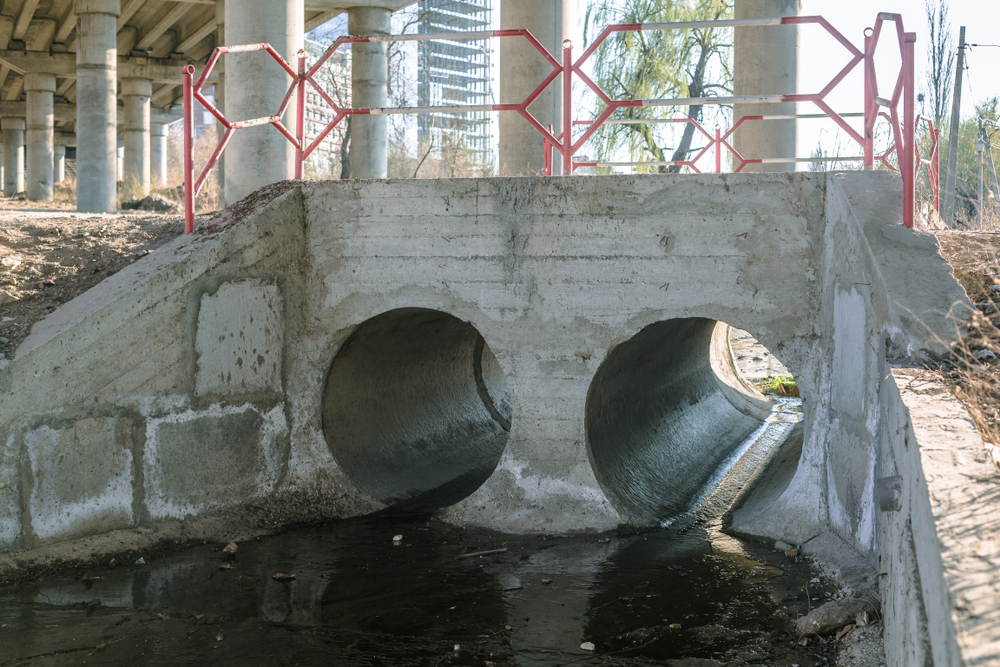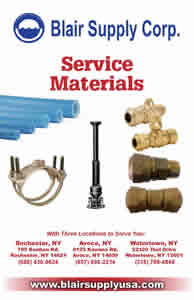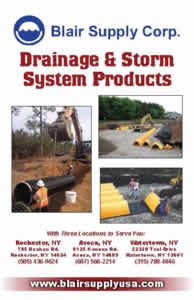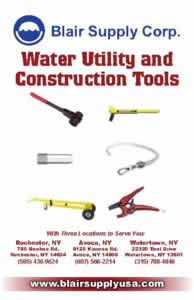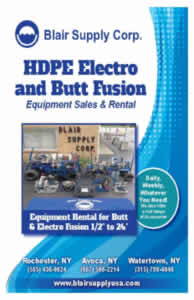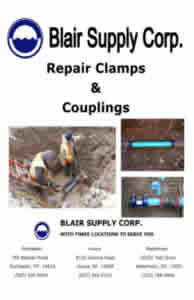Blog
The Basics of Culvert Installation
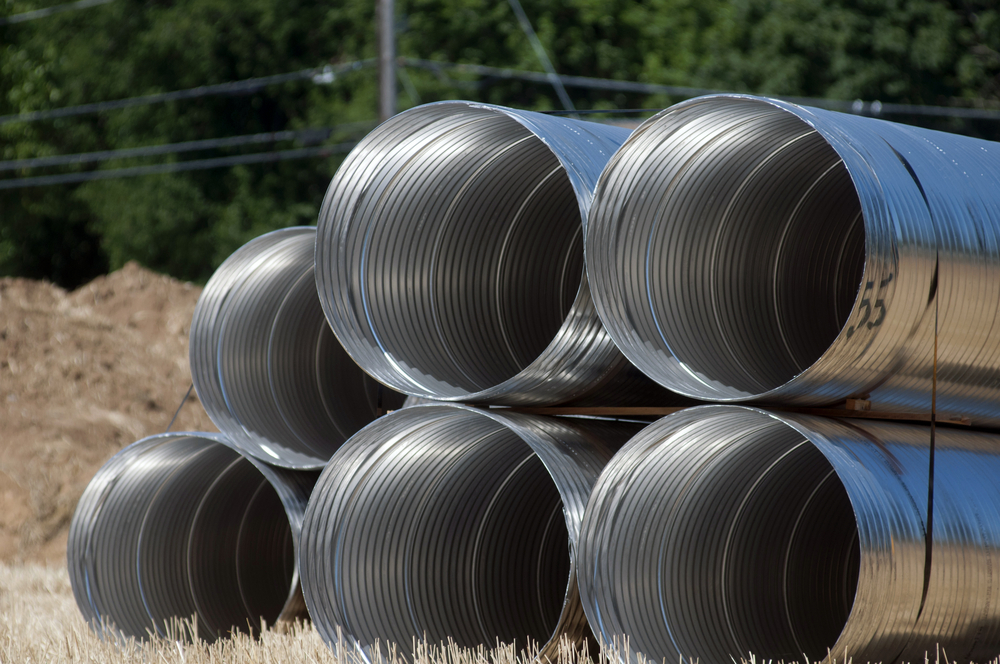
Culverts play a critical role when it comes to industrial and commercial projects involving the management of water flow. These structures are typically made of concrete, steel, or plastic and allow water to safely pass under roads, driveways, and other obstacles.
Since adequate drainage is such a key part of the infrastructure, its proper installation is of utmost importance so as to ensure smooth water flow without jeopardizing the integrity of structures built on top of it.
For these reasons, it is crucial to familiarize yourself with the basics of culvert installation, from finding the right culvert pipe for sale to calculating the appropriate pipe size for the specific needs of your project.
Can you install a culvert yourself?
Installing a culvert may seem like a tempting DIY undertaking, especially in small-to-medium-size projects. However, it’s important to recognize the intricacies involved, as well as the nuances this type of venture carries.
Underdrain installation is an incredibly complex task. In virtually every case and regardless of the scope of the project, culvert installation requires specialized knowledge and equipment to ensure proper fitment and functionality.
Why should you hire pros for culvert installation?
Here are just several reasons why we strongly recommend opting out of the DIY approach and hiring a professional instead:
- Expertise: Trained experts have extensive experience and knowledge in handling various types of culverts. They understand the intricacies of site preparation, proper sizing, and correct installation techniques. Their expertise ensures that the culvert is installed correctly the first time, reducing the risk of future problems.
- Safety considerations: Drainage installation involves working in or near excavations, heavy equipment, and sometimes deep water channels. Professionals are well-trained in safety protocols, reducing the risk of accidents or injuries during the process.
- Compliance with regulations: Local regulations and permits often govern culvert installation. Professionals are familiar with these requirements and can ensure that the finished product adheres to all applicable codes and regulations, avoiding potential legal issues.
- Long-term cost savings: While hiring professionals may involve an upfront cost, it can save you money in the long run. Proper installation by experts minimizes the chances of culvert failures or costly repairs down the line.
How do I calculate what size culvert I need?
Determining the correct size of underdrain for your project is crucial for efficient water flow. Here are the steps to calculate the appropriate culvert size:
- Evaluate water flow: Start by assessing the anticipated water flow that the culvert needs to handle. Evaluating factors such as rainfall intensity, watershed characteristics, and the size of the drainage area will help you determine the required capacity of the culvert.
- Calculate peak discharge: Peak discharge refers to the maximum volume of water passing through the culvert during a significant storm event and is typically expressed in cubic feet per second (cfs) or gallons per minute (gpm). Typically, calculating this value requires some advanced processes, such as using rational method or hydrologic models.
- Consider Manning’s equation: Manning’s equation is commonly employed to calculate the flow rate of water in open channels. It factors in the slope of the channel, the hydraulic radius, and Manning’s roughness coefficient to determine the velocity of flow in the culvert.
- Select culvert shape and material: Based on the factors mentioned above, choose a culvert shape and material that best suits your project. Culverts are available in different shapes, such as round, box, or elliptical, and various materials like concrete, steel, or plastic. Additionally, you’ll need to consider factors such as anticipated traffic load, site conditions, and environmental considerations when making your selection.
- Refer to design guidelines: These guidelines provide specific information on culvert sizes, shapes, and materials suitable for different flow rates and project requirements. Consult industry-specific design instructions or work with an engineer experienced in culvert design to ensure accuracy and compliance with standards.
Where can I find a top-quality culvert pipe for sale near me?
Blair Supply Corp. is your trusted partner for various types of high-performance culvert solutions in Rochester, Watertown, and the rest of the NY state. We source our products from some of the most renowned manufacturers in the industry known for their exceptional quality standards.
If you need sewer system materials that can withstand heavy loads, resist elements, and deliver lasting functionality even in the most demanding environments, give us a call or visit our facility near BHCC Rochester to hand-pick ideal components for your project with the help of our experts!

